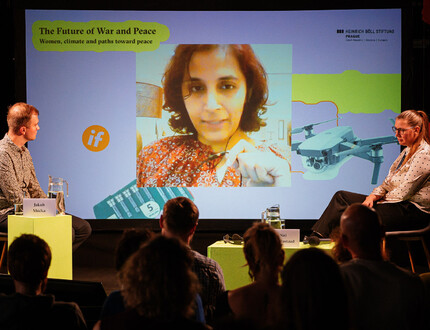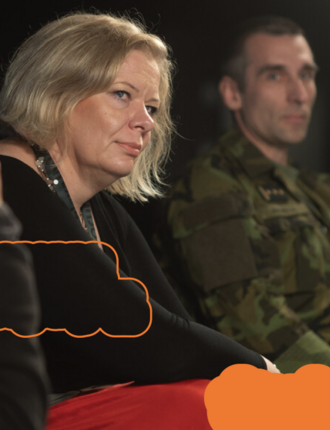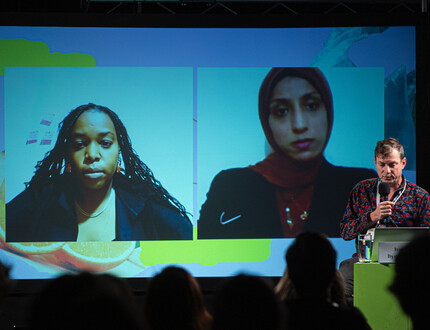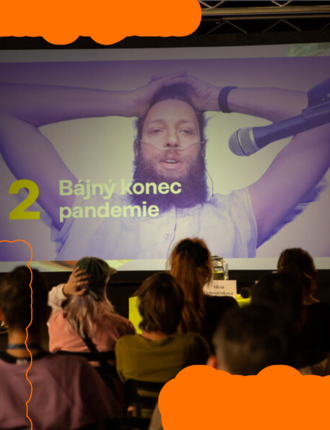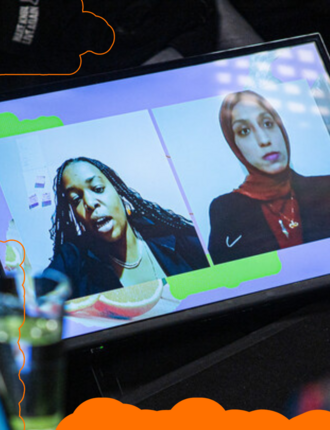Afghanistan has long been considered one of the world's most dangerous countries for women. As a result of religious fundamentalism, cultural traditionalism and years of war, Afghan women were deprived of basic human rights and traditionally excluded from public life until recently. Recently, however, they have begun to participate in political and social life. Fawzia Koofi, who became the first woman in Afghanistan to reach the top of politics, has made a significant contribution to this transformation. As deputy speaker of the House of Representatives, she participated in peace negotiations with the Taliban and advocated for laws against violence against women. In addition to the absence of war, she sees education as the most important means of further development for her country. Therefore, the main goal of her activism is to ensure access to it for as many people as possible.
This episode was originally released on March 25, 2020.
Progress, but slow
Despite significant improvements in the status of women since the fall of the Taliban in 2001, women still face domestic violence, forced marriage, sexual abuse and honor killings, according to a report in Time magazine.
What is the price for peace?
A recent episode of the news podcast The Daily covered the peace agreement between the US and the Taliban, which was supposed to be the basis for the withdrawal of American troops and other steps towards an end to the fighting. However, the Afghan government and civil society were not invited to the negotiations, and the agreement did not address the protection of the constitutional rights of Afghans, including the rights of women, who were not allowed to study or work under Taliban rule. The agreement also did not address reducing violence against Afghan government forces, which escalated again immediately after it was signed.


